Dear Kymaia,
You would notice that your birthday falls within a fortnight of the Indian Independence Day, 15 August. I am sure you’d have read some of my other blog posts about what it means to be free, how the idea of India is far more powerful than the physical existence of India, and how the idea of India is actually far more defensible and worth dying for than for the physical (and imaginary) boundaries by which we are constrained to think of as this country. So, I shall not dwell much on that topic here.
Recently, there has been much talk of our national song, “Vande Mataram.” (Hopefully, this won’t be an issue by the time you can read this…or perhaps I am hoping for too much. Time will tell). As you grow, you would also hear and learn to sing our National Anthem, “Jana Gana Mana” and coming from a family that has served the nation in uniform (your Ajoba and Abhi-chacha), you would become familiar with another patriotic song, “Sare Jahaan Se Achha,” played by the various military bands on parades that you would attend with your grandparents.
I would not want to go into the detail and depth of each of these songs, since these would be available to you online anyway, and most of them are simple enough to understand just by reading or singing them (perhaps you would need to look up a few words, or extrapolate meaning from the original Sanskrit or Urdu or Bengali, because quite a few words are similar) and putting reference to context.
However, there IS a fundamental common thread running through these songs, which you will also find in the various stotrams & aarties in Hinduism, the salaat in Islam, hymns in Christianity, and so on.
That is: All of them are praising a power higher than the singer/reciter. All of them talk of the singer/reciter’s insignificance and impotence and how the object of their prayer is larger-than-life, has control over their destinies, and/or is their Master/Mistress/Guru/Parent. All of them seem to be about faith, about unquestioned belief, about somehow something being the best, the most benevolent, most beautiful, most bounteous, and so on. All of them, at some level to me as a rational person (and hopefully, as you grow, to you too) have a slight cringe-worthiness to them. None of them calls for any action, enthuses any passion (other than empty pride), or gives any hope for the future to a collection of people we call a nation. Like religious prayers, all of them only invoke the name of a higher power (Destiny, Mother, etc.) and praise it…with no other, more profound, more meaningful significance to the entire exercise.
(As a side note, when you hear these religious chants and stotrams & aarties and salaats, you will realise that besides telling “God” how great He is, there is no meaningful content in them at all. And you’ll think all those around you who sing these to be quite silly, and maybe a bit stupid too. If you are smart, you’ll learn to suppress your laughter, and your incredulity, at least for some time, so as not to offend people you otherwise like and love. By the way, the whole concept of nationalism is pretty similar to religion, as I have explained in this post of mine. But that is not the subject of this post.)
That I stand and lustily sing them (the anthems and songs and military marches) with pride(?) and have goosebumps when I do has more to do with my social conditioning, my childhood upbringing, and the circumstances in which I grew up than the actual content of their poetry, melody, or rhythm. That is because I have been taught consciously and sub-consciously (and in today’s world, have even been mandated by law) to respect them, take pride in them, and to take their meaning, whatever that is, as a given, without asking any questions.
But you don’t have to be. I was born in 1972. You were born in 2014: a fresh, young, clean, unconditioned, curious, and open mind. You have the power in you to question, and then accept or reject anything your intellect desires. You may sing these songs in your school because it is compulsory. You may even stand up, give proper “respect” and so on as is required by law (and by your school’s, and later, your society’s regulations). But inside your mind, in your heart and head, you need to know that these songs have nothing in them intrinsically to be something you want to live, die, or even kill for.
Talking of living, dying, and killing for ideals, we discussed the “Idea of India” some time ago. What I want you to understand is that this is not an ancient or a very old phenomenon. The concept itself may be about a few hundred years old (if even that), but the codification (in the Indian context) is not more than 70-odd years old as of today. What the preamble to our Constitution says was written in 1948-49, and even given that it was thought up, say a few years (or even a few decades) before that, it does not qualify for antiquity. In fact, the idea that all people be equal, that they all must have justice, and peace, and freedom to think and to do as they choose, was not really a popular concept before the French Revolution in the late 18th century, and even then, it wasn’t really the kind of equality or freedom or justice that you imagine in the 21st. This concept has evolved slowly, and the point I am making is that the Idea of India, like your own life, is young and (in many ways) fragile, and deserves to be nurtured, protected, and given time & space to grow if we are to have any India left at all very soon.
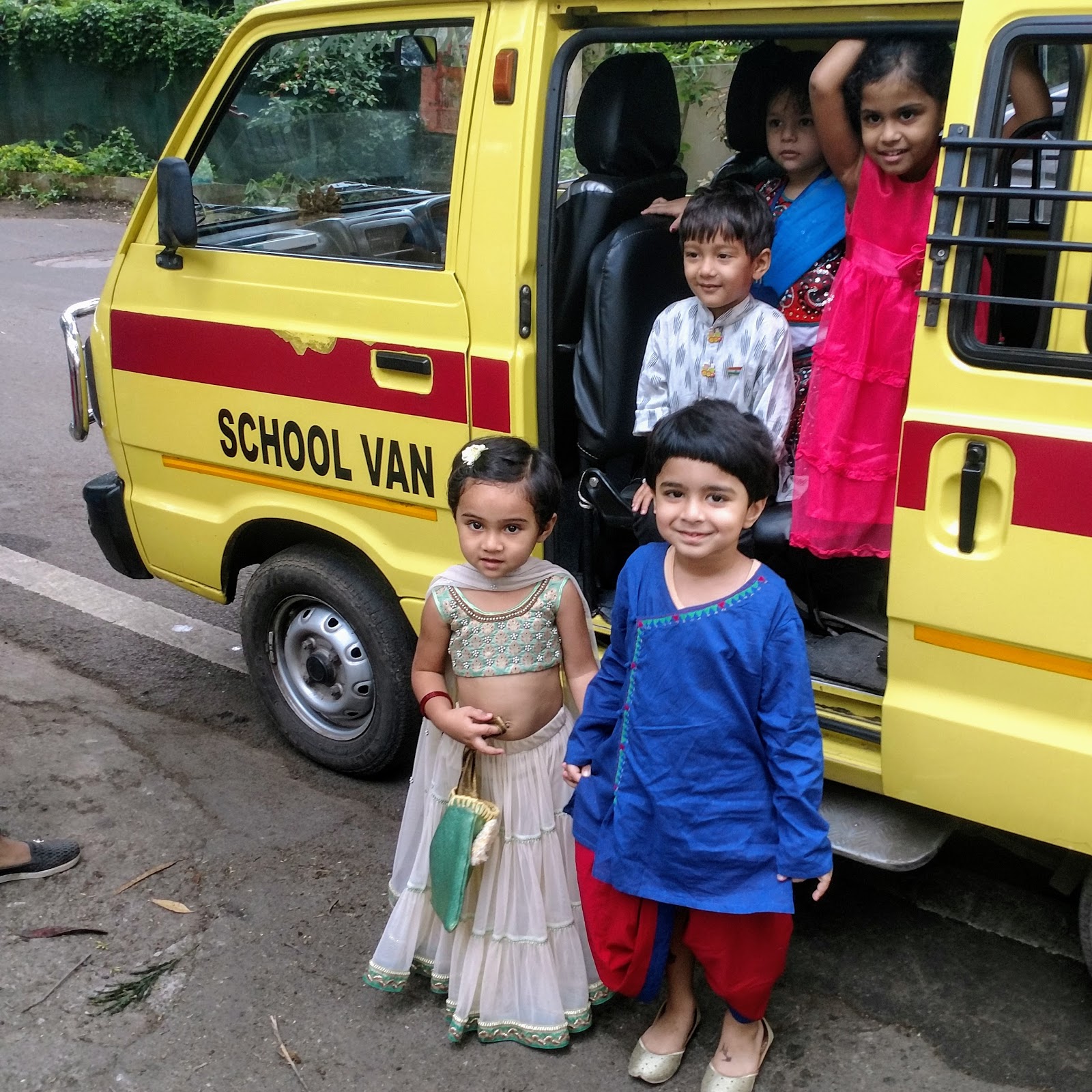
However, what I want to speak to you about today is another idea of India that came into being much before the preamble to our Constitution was written by the wise men who did (that, by the way, is a mystery as to who actually penned that masterpiece). This (earlier) idea of India was put forth in 1910 by a sensitive, wise, and (in hindsight) an amazingly far-sighted poet: Gurudev Rabindranath Tagore (or “Thakur” as it is originally pronounced), who, we Indians are lucky, lived in times when this nation and this society needed someone just like him to guide it towards a more civilised, more aware, more conscious, and a more evolved path. In fact, as you would have read earlier in my other blog posts, our society has been inordinately (look this word up: inordinate) lucky to have had such amazingly wise and foresighted people being born and connected with it just when it was needed. Indeed, serendipity has been kind and benevolent to India.
Enough digression though. Let us look at what he hoped for his nation, for his society, and for his people. Here is what he wrote (I offer an English translation by the poet himself, who read this at the Indian National Congress’ Calcutta session in 1917):
(Small side note, once again: I only wish he had not used “My Father” in the last line, but I am told that in the original Bengali, “Pitah” could mean “Spirit.” So, I shall let it pass!)
It is THIS that I would like you to understand, and to memorise, and to recite if the time ever comes for you to talk about India, the country of your birth and of your parents and forefathers (and mothers).
It is THIS that I want you to consider (if it appeals to your intellect) to deliver if you are ever asked to say a prayer for your country or nation or community or society.
Think about it. You don’t even have to be an Indian to recite it, believe in it from your heart, and work towards it. THAT, my little one, is the mark of a truly great (and more importantly, effective) prayer, if such a thing ever existed.
Happy Independence Day, my beautiful child.
Yours most lovingly,
Baba
P.S: Interestingly, despite its message of hope, the power of the ideals it holds up, and the popularity of the poet, very very few have managed to set this to music, or even recite it in a beautiful enough way for me to find some video online to share with you. I hope some musician (or even a celebrity) can find it in themselves to do this soon.
P.P.S: By the way, the word for “Mind” that Gurudev used in the original Bengali, “Chitto” is so much more meaningful. I do hope you learn that language from your mother, who speaks it so beautifully.
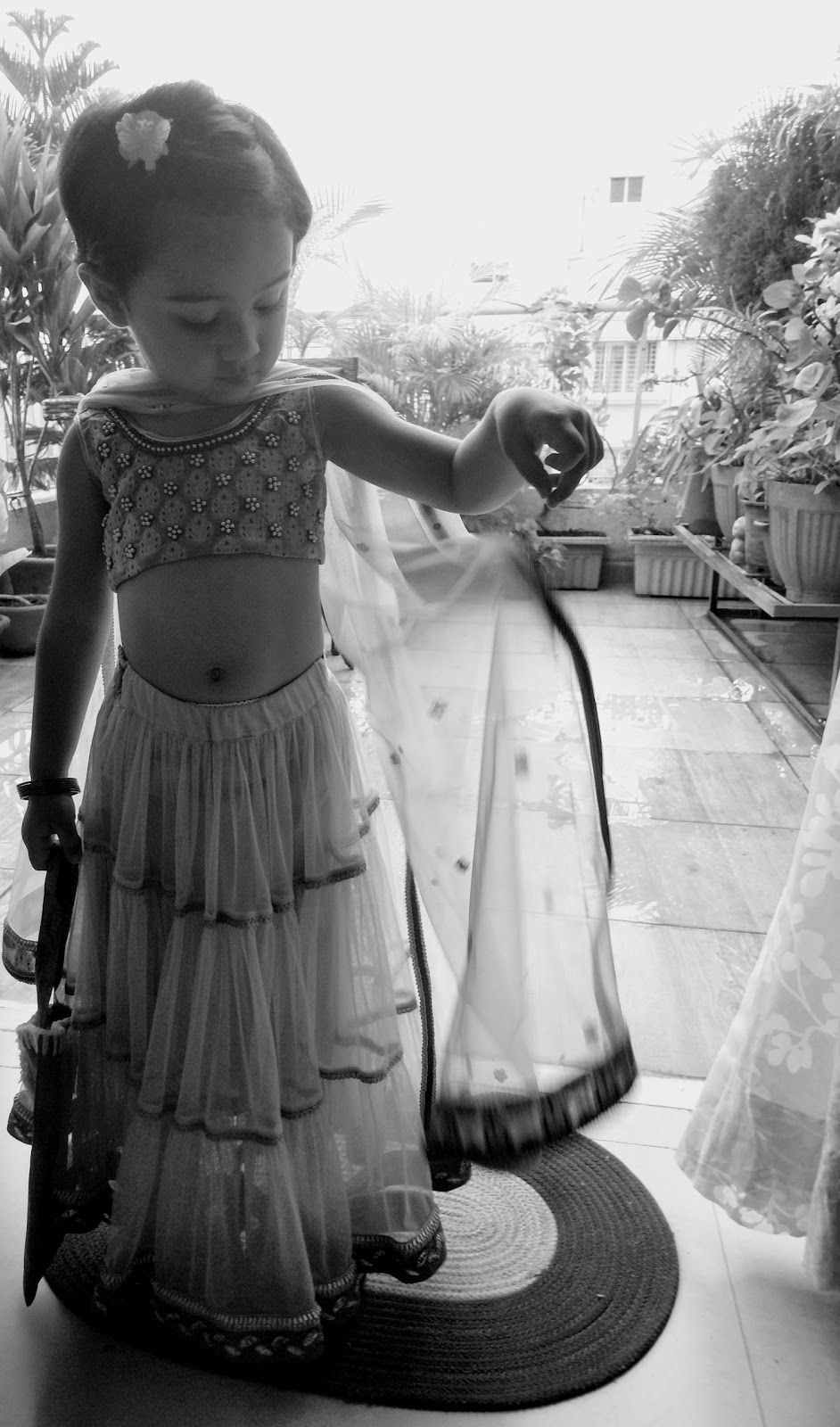
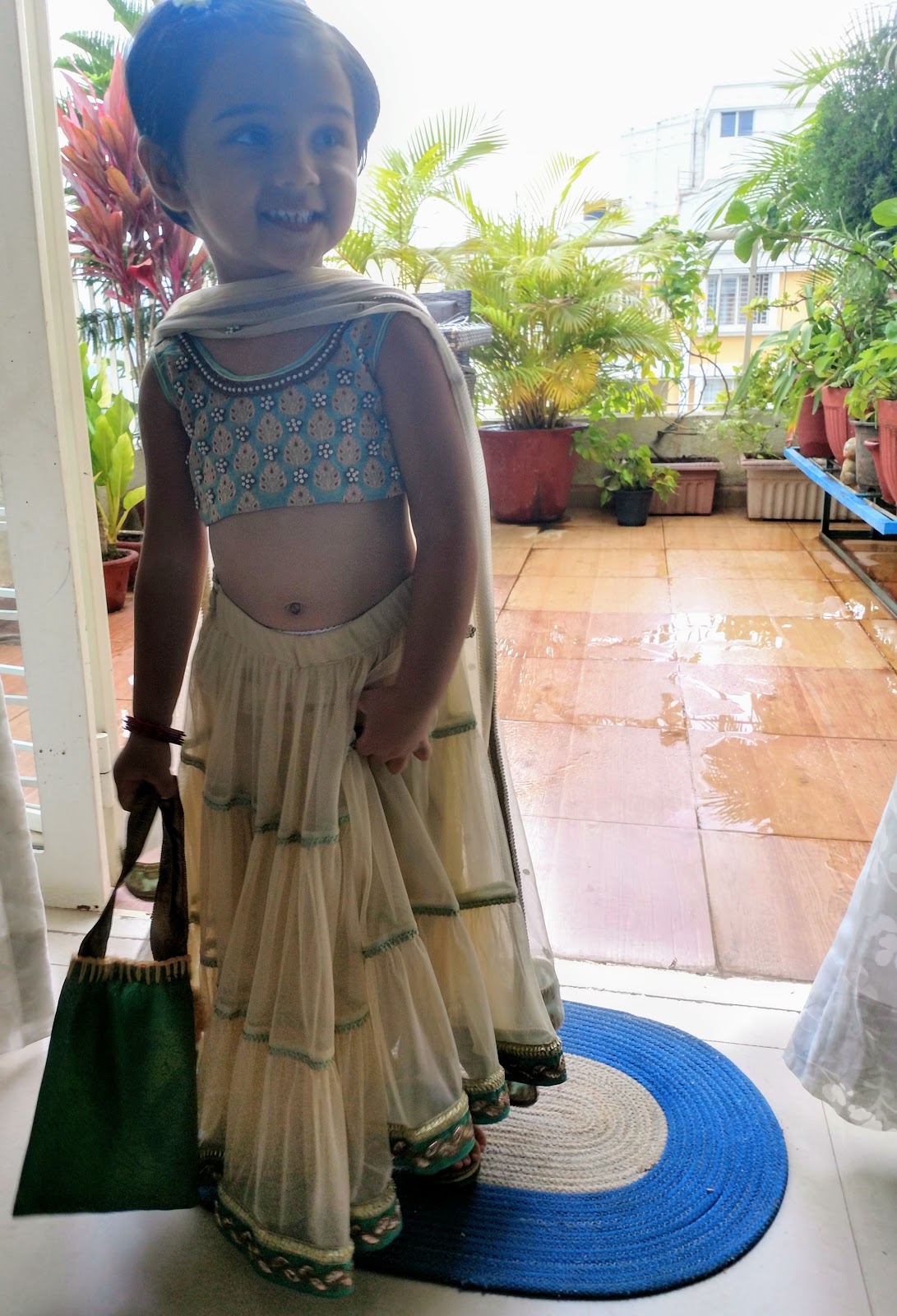
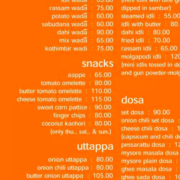

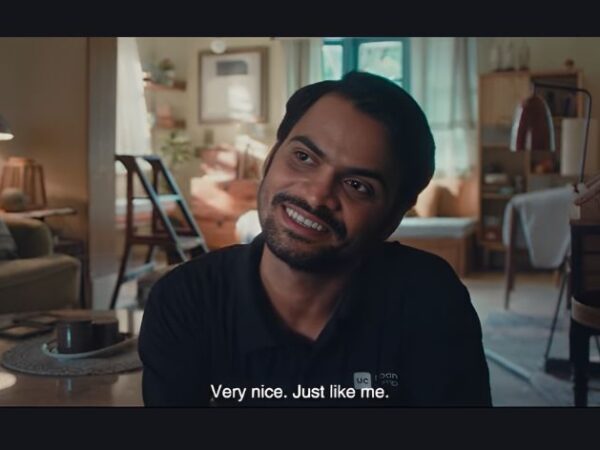
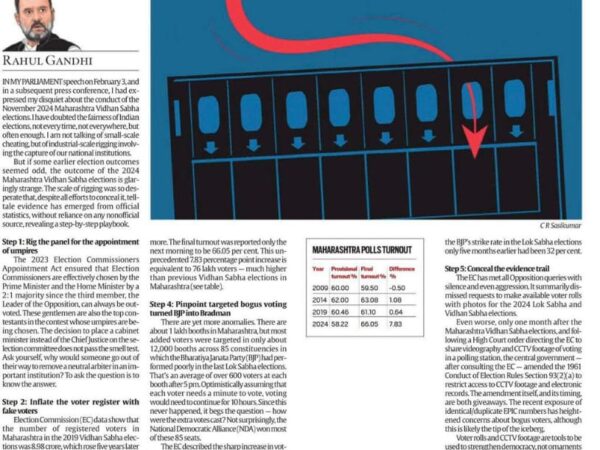
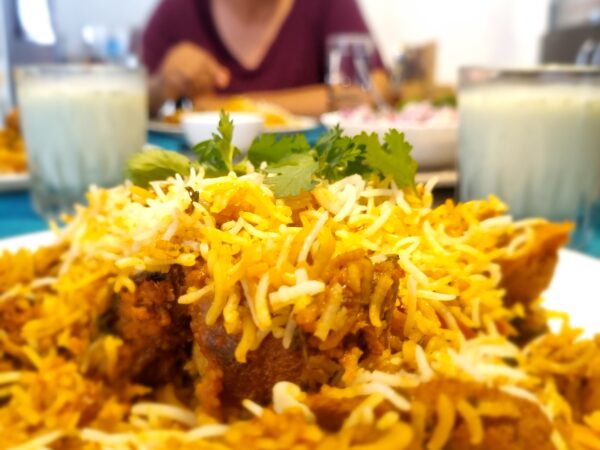
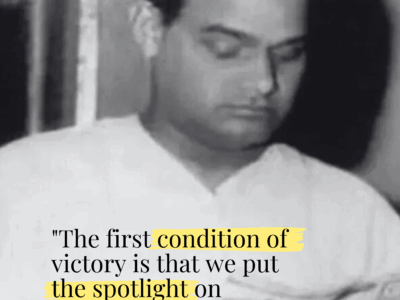













Wow…amazing thought….